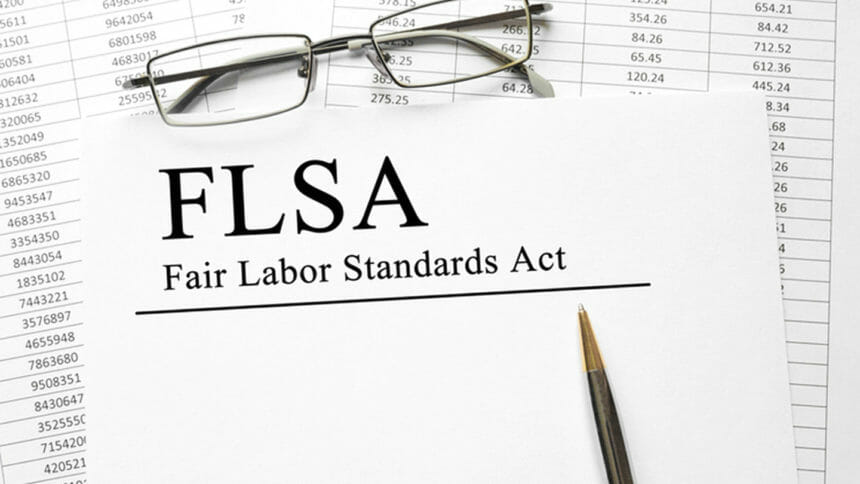
The Department of Labor’s final rule issued today raises the bar for classifying workers as independent contractors, which could increase the number of home care Fair Labor Standards Act violations.
“Misclassifying employees as independent contractors is a serious issue that deprives workers of basic rights and protections,”Julie Su, acting secretary of labor, said in a statement regarding the rule. “This rule will help protect workers, especially those facing the greatest risk of exploitation, by making sure they are classified properly and that they receive the wages they’ve earned.”
The new rule clarifies the difference between workers who are employees and those who are independent contractors under the FLSA. Independent contractors are defined by the rule as those who “are not economically dependent on an employer for work and are in business for themselves.” These include self-employed or freelance workers.
Whether or not a worker is considered an independent contractor will depend on a multifactor, totality-of-circumstance analysis, called the economic reality test, which addresses factors like the worker’s relationship with the employer, the worker’s financial stake in their work, their job’s degree of permanence, whether their work is essential to the employer’s business, and the worker’s skill and initiative, according to the department.
The “ultimate inquiry,” according to the rule, is whether the worker is economically dependent on the employer or if instead they are “in business for themself.”
The newly finalized rule walks back the 2021 Independent Contractor Rule instituted under the previous administration, which “marked a departure from the consistent, longstanding adoption and application of the economic reality test” by focusing on a few core factors rather than a totality-of-circumstances analysis. In crafting the most recent standard, the DOL held public comment forums in June 2022, soliciting input from a “diverse array of stakeholders.”
Employee misclassification is a frequent violation in home care, and penalties for noncompliance can have an enormous toll on operators. The Labor Department has recovered $15 million in back wages stemming from improper classifications and other wrongful labor activities in the Southeast.
It estimates that some 80% of home care providers are not in compliance with the Fair Labor Standards Act, in part due to misclassification of workers as independent contractors, Angelo Spinola, attorney with the law firm Polsinelli, told McKnight’s Home Care Daily Pulse in May. Since 2022 there has been an increase in DOL lawsuits alleging healthcare facilities, nursing registries and staffing agencies have been misclassifying employees as independent contractors, resulting in unpaid overtime.
While the rule raises the standard for independent contractor misclassification, it also ensures that “employers that comply with the law are not placed at a competitive disadvantage when competing against employers that misclassify employees,” the Labor Department said.
States with certain labor protection laws in place, such as California, will likely not feel the rule’s effect, according to Bob King, attorney and founder at Legally Nanny, a law firm that specializes in representing home care and nanny agencies. California is one of 27 states that use a so-called ABC test for determining if a worker qualifies as an independent contractor. Under this test, workers are considered employees by default, and employers are given the burden of proving their workers are independent contractors.
“This [rule] does not make any difference for California home care agencies because caregivers are already considered employees and not independent contractors in California,” King explained in an interview with McKnight’s Home Care Daily Pulse.
The final rule draft is published in the Federal Register. Find out more about the rule here.
This is a developing story. Please check back for updates.
For additional coverage, see McKnight’s Senior Living and McKnight’s Long-Term Care News.

